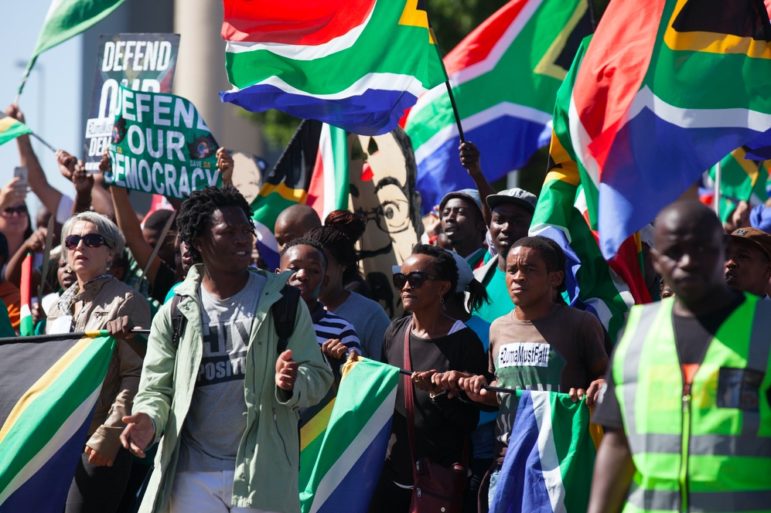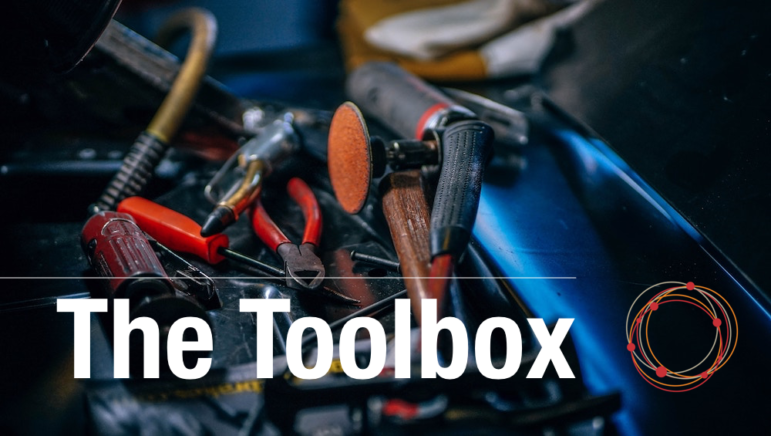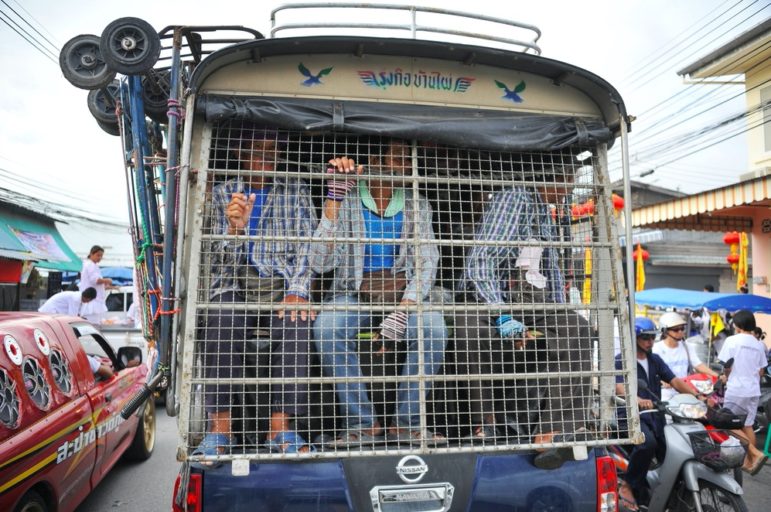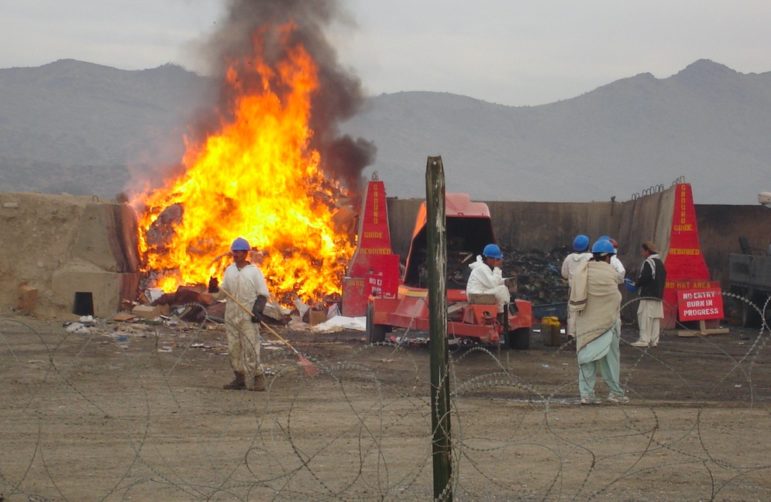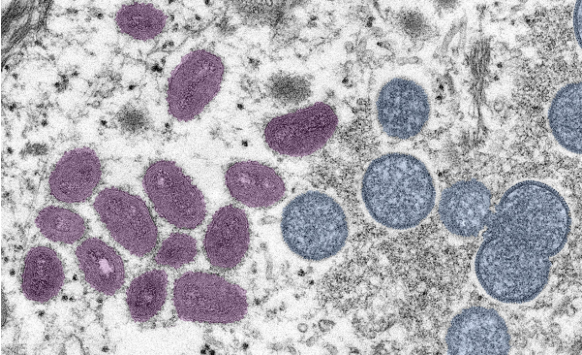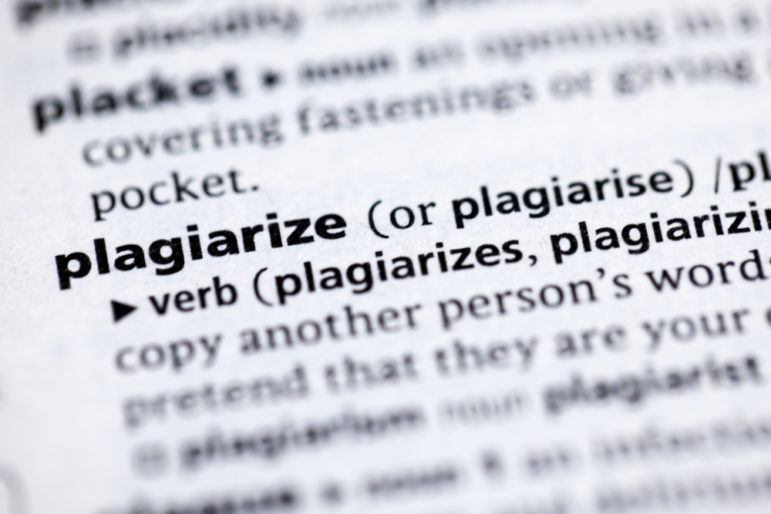
Case Studies
Uncovering a Plagiarism Scandal Among the Romanian Elite
Emilia Șercan has spent the last seven years writing dozens of investigations about alleged plagiarism and academic fraud in the doctorates of Romania’s elites. Her investigations have found evidence of copying from famous authors and other students’ in the work of the current Romanian prime minister as well as the ministers of defense, health, and education, a number of university rectors, police chiefs and army generals, prosecutors, and judges.



